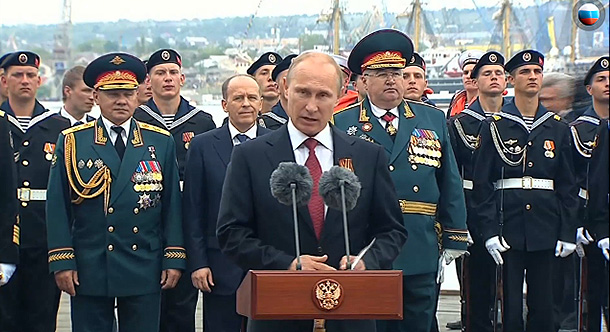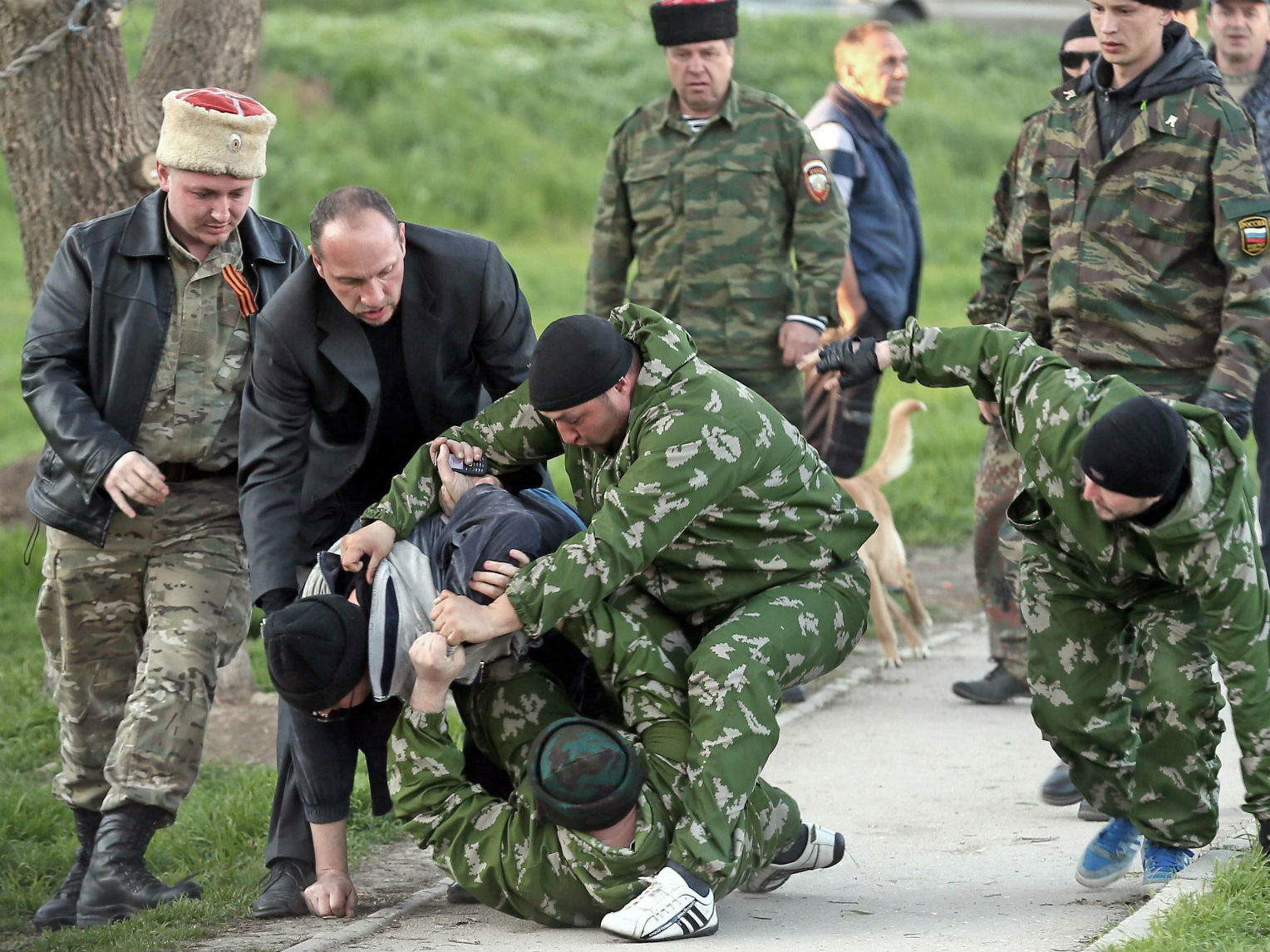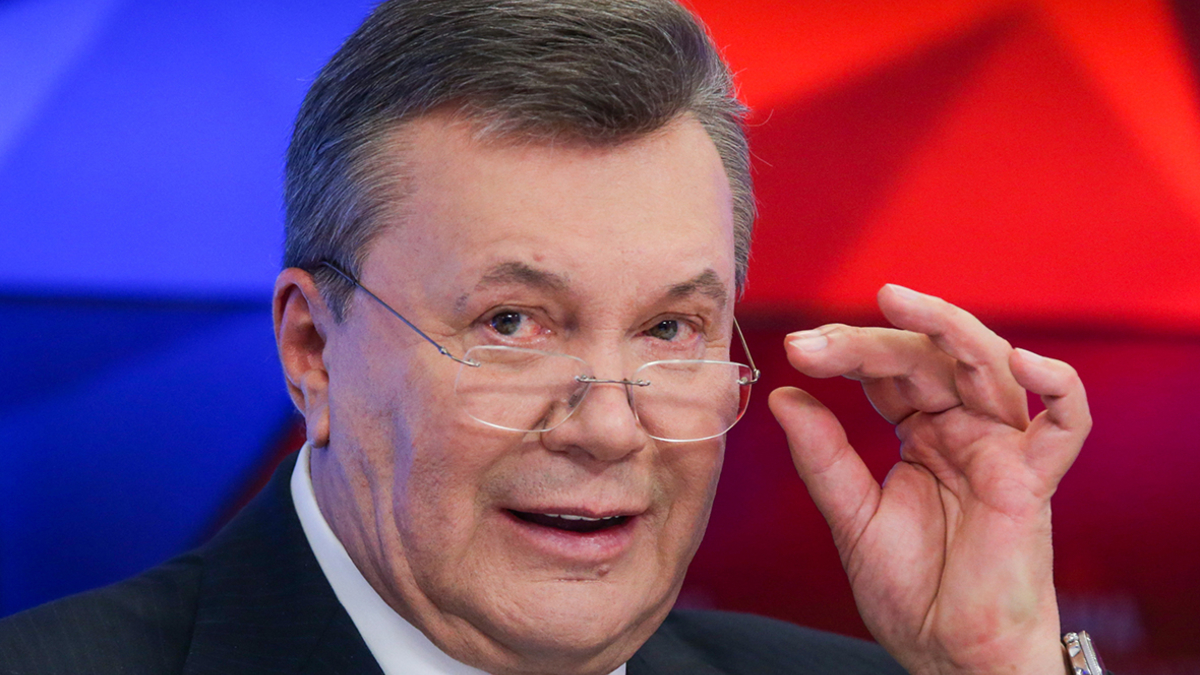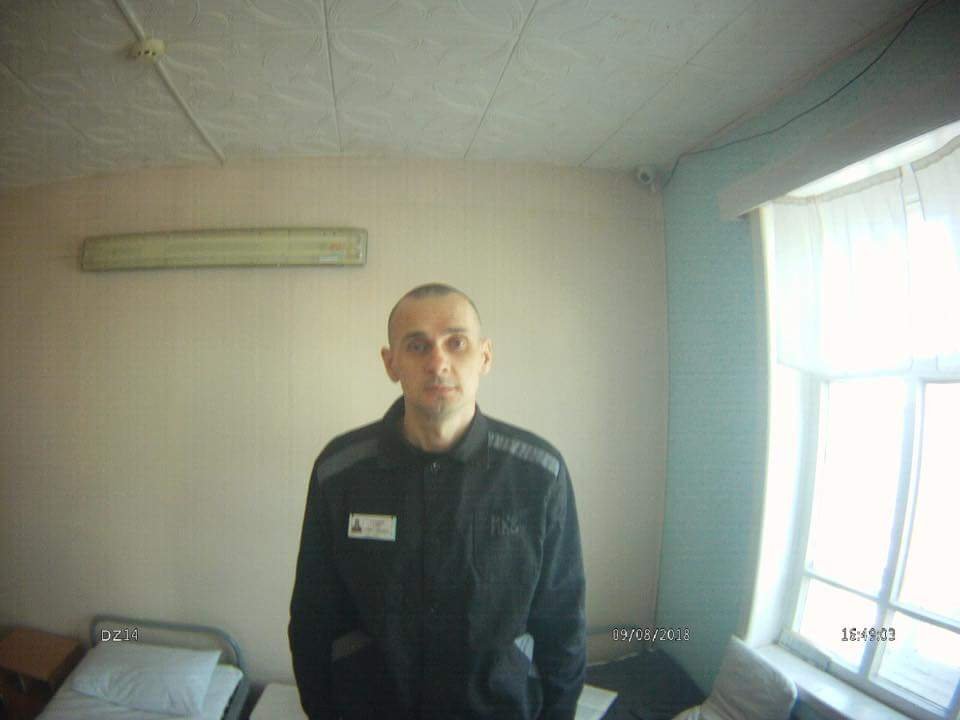Many commentators are suggesting that Vladimir Putin may seek “a new Crimea” to salvage his ratings with the Russian people, but Vitaly Portnikov says that he “doesn’t think that anyone in the Kremlin was thinking about ratings when the annexation of Crimea occurred.”

That idea has been circulating in the West, the Ukrainian writer says; but “this was an effect which no one in the Russian Federation nor in the Wet counted on.” Indeed, he says, “I think that Moscow was very surprised by the effect” that it produced.
“The meaning of the annexation of Crimea was completely different,” Portnikov continues. “It consisted in the need [the Kremlin saw] to send a signal to the West that the so-called kidnapping of Ukraine would not remain without consequences” from the Russian side given that Moscow viewed what occurred in Kyiv in 2013-2014 as a US “special operation.”
After pro-Russian President of Ukraine Viktor Yanukovych was forced to flee to Russia as a result of the Euromaidan, the Ukrainian commentator says, Moscow “took the decision to carry out its long-prepared operation to annex Crimea.” And “when this Putin signal was not heard, [Moscow] proceeded to the next phase of this operation by launching the war in eastern Ukraine.”
These events “did not have anything to do with ratings,” Portnikov argues. They were a side benefit “of special operations of a completely different character.” That must be remembered now given all the talk that Putin may launch an invasion of yet another country in order to boost his standing at home.
Portnikov says that he doesn’t know whether anyone in Moscow has set this task given the consequences of the Crimean Anschluss. But one thing is clear: currently there are no territories identified by Russian propaganda and ideology “in general” or in nature which correspond to the position of Crimea. Even the Donbas isn’t in the same category.
Belarus too “is not exactly a part of the imperial myth” either, the Ukrainian commentator says. “It is part of the Eurasian Union and the Union State. We have always said that integration with Belarus will not lead to these consequences because Belarus is not part of the imperial myth and doesn’t interest Russians from the point of view of mass consciousness.”
That is a sharp contrast to Russian attitudes about Ukraine. Until the war, Russians shared Putin’s view that Ukrainians were not a separate nation. But because of Ukrainian resistance to Russian aggression, they now understand that it is a separate nation. Consequently, were Putin to try to annex more, it wouldn’t pay him the same dividends at home.
Consequently, Portnikov says, “I do not see any sense in any special operation of this type. And one must remember that Putin approaches such issues as ‘special operations’ rather than as wars.” He will use Russian military force openly only when he doesn’t have any other option.
For a special operation to be appropriate requires its own specific goals, Portnikov argues. And it requires that those who launch it consider the environment in which they are doing so. When Putin seized Crimea and invaded the Donbas, Russians “weren’t thinking about their standard of living.” But now they are. No war will solve their problems: instead, given the certainty of sanctions, it will make them worse.
For those reasons, the Ukrainian analyst continues, he does not think “that there will be a military conflict.” There will be further efforts to disorganize and destabilize Ukraine and perhaps other of Russia’s neighbors as well; but not a war. Putin’s range of possibilities is increasingly “not very large.”
Read More:
- Given rising Russian protests, Putin has three options – and none is good for Ukraine, Portnikov says
- Moscow attacked Skripal for betraying Russian oligarchs, highlighting mafia nature of Putin regime, Portnikov says
- Putin is consistent but the West isn’t, Portnikov says
- There is no place in Putin’s world for the non-aligned, Portnikov says








